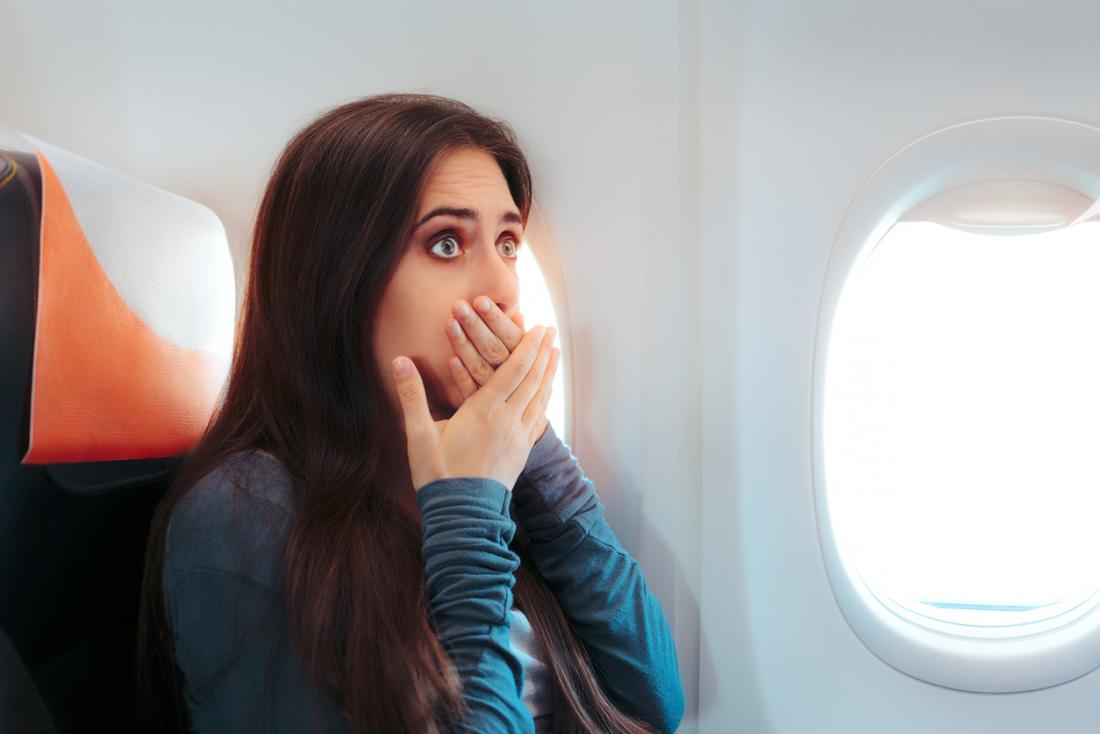For many people, the thought of flying in an airplane induces feelings of anxiety and apprehension. Whether it’s due to fear of heights, lack of control, or past negative experiences, flight anxiety can be a significant obstacle to enjoying travel opportunities. However, with the right strategies and mindset, it’s possible to overcome these fears and embark on flights with confidence. Soon you will be sipping a glass of sweet wine safely on the ground at your destination. Here are some tips for nervous flyers to alleviate anxiety and make the flying experience more comfortable and manageable.
1. Educate Yourself About Flying
Knowledge is a powerful antidote to fear. Take the time to learn about how airplanes work, the safety measures in place, and the training undergone by pilots and flight crew. Understanding the science behind flight and the rigorous safety standards upheld by the aviation industry can help demystify the experience and alleviate irrational fears.
2. Communicate with the Flight Crew
Don’t hesitate to inform the flight attendants if you’re feeling anxious about flying. Flight crews are trained to assist passengers and can provide reassurance, information, and support throughout the flight. Knowing that you have a knowledgeable and empathetic team on board can help alleviate anxiety and instill a sense of security.
3. Practice Relaxation Techniques
Learning relaxation techniques such as deep breathing, progressive muscle relaxation, or mindfulness meditation can help calm your nerves during the flight. Practice these techniques before your trip and employ them whenever you feel anxious while flying. Focusing on your breath or engaging in calming imagery can help redirect your thoughts away from fear and promote a sense of relaxation.
4. Distract Yourself
Keeping your mind occupied with distractions can help take your focus off the anxiety-inducing aspects of flying. Bring along a book, listen to music or podcasts, watch a movie, or engage in conversation with your travel companion. Having a variety of entertainment options at your disposal can help pass the time more quickly and make the flight feel less daunting.
5. Choose Your Seat Wisely
Where you sit on the plane can have a significant impact on your comfort level and sense of control. If you’re prone to motion sickness, opt for a seat over the wing where turbulence is often less noticeable. Additionally, choose a window seat if the sensation of being able to see outside helps ground you. Conversely, if you prefer not to see the ground below, an aisle seat may be more suitable.
6. Prepare in Advance
Preparation is key to managing flight anxiety. Arrive at the airport early to avoid feeling rushed or stressed. Familiarize yourself with the layout of the airport and the boarding process to minimize surprises. Pack essential items such as medications, snacks, water, and comfort items like a sweater or blanket to ensure you have everything you need to feel comfortable during the flight.
7. Seek Professional Help
If your fear of flying is severe and significantly impacts your ability to travel or enjoy life, consider seeking professional help from a therapist or counselor. Cognitive-behavioral therapy (CBT) and exposure therapy are effective treatments for phobias and anxiety disorders, including fear of flying. A trained therapist can work with you to identify underlying triggers and develop coping strategies to manage your anxiety more effectively.
8. Gradual Exposure
If the thought of boarding a plane fills you with dread, consider gradually exposing yourself to flight-related stimuli to desensitize yourself to the experience. Start by visiting an airport and observing planes from a distance, then progress to walking through the terminal, boarding a stationary aircraft, and eventually taking short flights. Each step builds on the previous one, allowing you to confront your fear in a controlled and manageable way.
Flight anxiety is a common phenomenon that affects many individuals, but it doesn’t have to dictate your travel plans or limit your experiences. By implementing these strategies and adopting a proactive approach to managing your anxiety, you can overcome your fear of flying and embark on flights with confidence and ease. Remember, it’s normal to feel apprehensive, but with time and practice, you can learn to navigate the skies with calmness and composure.

Leave a Reply